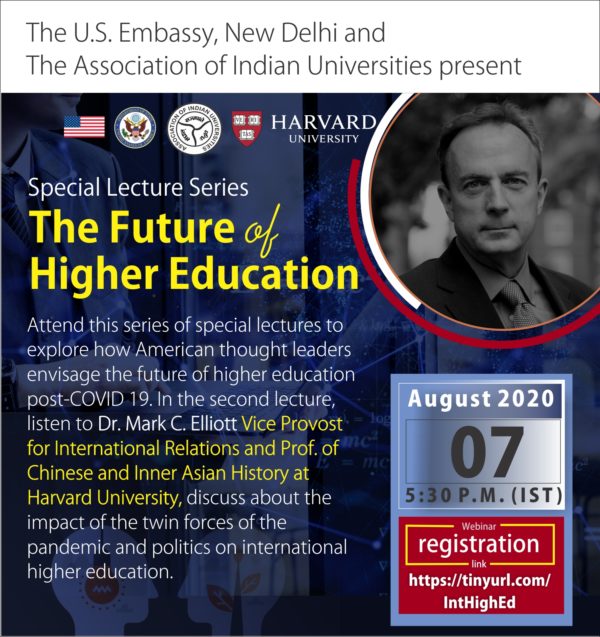What does the future of internationalization in higher education look like after the global pandemic? Trends in higher education have for a long time pointed toward ever greater internationalization of student enrollments, teaching staff, curricular content, and research networks. The general consensus is that this has been for the good: young people enjoy richer learning opportunities and institutions are stronger and more diverse. Moreover, internationalization has accelerated the advancement of scholarship in every field and discipline, leading most surveys of higher education to rely on some measure of “globalization” in determining their rankings.
Today, however, the future of international higher education suddenly seems much less certain. By forcing a halt to nearly all international travel, the pandemic has interrupted the normal movement of people within and between the world’s universities, isolating us from one another in unprecedented ways. Even before the emergence of the SARS-CoV2 virus, resurgent nationalism and xenophobia around the world were already leading some to question the value of a globalized system of higher education, and of globalization more generally.
Dr. Mark C. Elliott, Vice Provost for International Affairs at Harvard University will discuss how the twin forces of the COVID-19 pandemic and politics has and will impact the future of international higher education.

